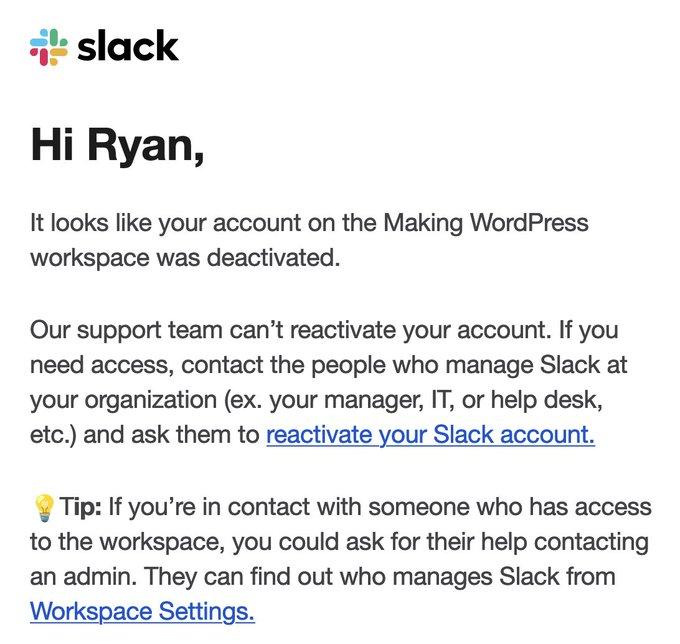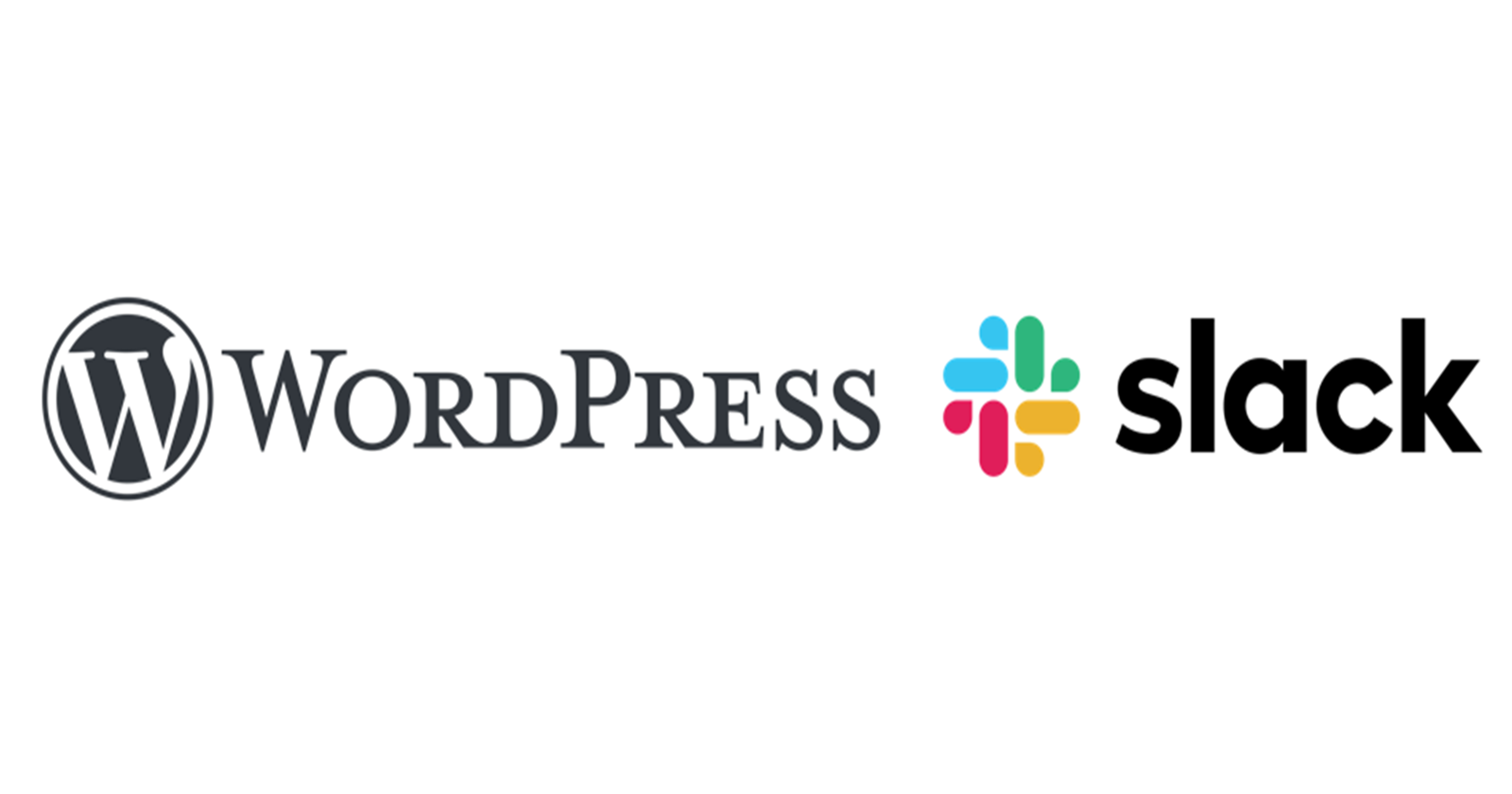And now my https://t.co/5oGcfBv06u Slack account has been deactivated, assuming that was part of the syncing of .org disabled accounts to deactivating WP Slack accounts. But still, that truly made the cut deeper and more official in my eyes.
— @[email protected] 🏳️🌈 (@scottkclark) October 18, 2024
The WordPress community, known for its open-source collaboration, has recently been shaken by a wave of bans targeting developers who question leadership decisions. These bans have raised concerns about transparency and governance within the platform.
On October 9, Ryan McCue, Director of Product at Human Made and a key WordPress contributor, posted on social media about being banned from the WordPress Slack community without warning. McCue’s experience mirrors that of others who have been locked out of their accounts after raising concerns about recent WordPress decisions.

A primary issue behind these bans is a new checkbox on the WordPress.org sign-in page, which asks users to declare that they are not affiliated with WP Engine. This raised legal concerns, with many seeking clarification, but instead of answers, they were met with bans.
Andrew Hutchings, a developer at the MariaDB Foundation popularly known as LinuxJedi, found himself banned after questioning the checkbox’s implications. Hutchings described the situation in a blog post, highlighting his confusion and the lack of communication from WordPress leadership.
Scott Kingsley Clark, a prominent contributor and lead for the Fields API project, also announced his departure from the community. Frustrated by WordPress co-founder Matt Mullenweg’s actions, Clark decided to stop contributing, citing the platform’s increasing control over dissenting voices.
After his public statement, Clark’s WordPress.org and Slack accounts were deactivated. He described this as an attack on him and the Pods project, a plugin he had developed for years. Clark transferred ownership of the project but expressed deep frustration with the direction WordPress was taking.
A pattern of silencing?
The bans seem part of a broader effort to silence dissent within the WordPress community, particularly those critical of some of Mullenweg’s and Automattic’s (the company behind WordPress.com) crazy decisions. Developers who question recent decisions, like Hutchings and Clark, have found themselves locked out of important community channels, leading many to question whether open-source collaboration is being replaced by centralized control. The X thread below has some more context to these bans.
For anybody who wants to understand why I've been banned from the #WordPress Slack. pic.twitter.com/TdA1iQtIPZ
— Javier Casares (@JavierCasares) October 9, 2024
Mullenweg has not hesitated to respond to criticism, but his responses have further fueled tensions. In one exchange, Mullenweg dismissed concerns by suggesting that the SCF project that recently replaced WP Engine’s ACF plugin had more users than Clark’s Pods plugin, reinforcing perceptions of selective prioritization and control.

These bans have left the WordPress community at a crossroads. While WordPress remains a vital platform for millions of websites, its governance and treatment of contributors are under scrutiny. For many developers, the bans raise serious questions about whether the platform is still an open-source community or if it has become a space where different opinions are no longer tolerated.
As the great WordPress ban continues, it’s becoming clear that the future of the platform’s renowned collaborative spirit hangs in the balance.
TechIssuesToday primarily focuses on publishing 'breaking' or 'exclusive' tech news. This means, we are usually the first news website on the whole Internet to highlight the topics we cover daily. So far, our stories have been picked up by many mainstream technology publications like The Verge, Macrumors, Forbes, etc. To know more, head here.


